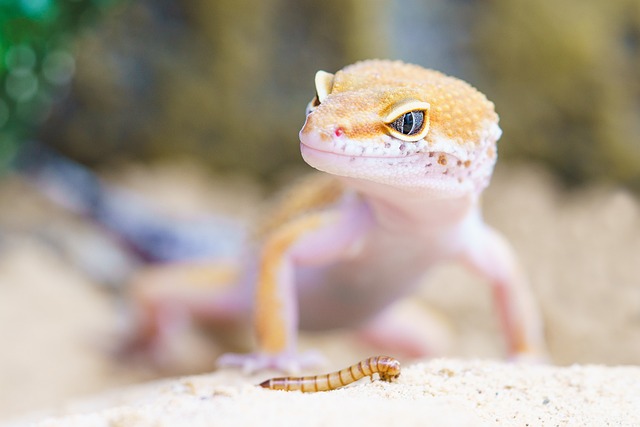Reptile ownership is an exciting and rewarding experience. However, it is essential to remember that reptiles are animals with unique needs and requirements and must be cared for properly to remain healthy and happy. One of the most important factors when caring for reptiles is how many you should own. Let’s look at some considerations determining whether you have too many reptiles in your home.
How many reptiles are too many?
Having too many reptile pets can be challenging to manage.
Reptiles require specialized tanks and decor, enough space to move around and spread out, a specific climate within the enclosure, the proper diet and nutrients, and constant behavior monitoring.
As the numbers increase, so do the challenges of adequate upkeep.
Not to mention the potential health hazards if enclosures are too crowded or go uncleaned due to lack of attention.
While some species are communal, others must remain solitary, making it difficult to find an appropriate balance among a collection of reptiles.
Ultimately, any responsible owner should consider how much time they can devote to properly caring for their reptiles to take on a suitable number; and not just how many reptiles their budget will allow for.
Space Requirements
When considering reptiles as pets, the most important consideration is space requirements.
Some pet reptiles require large enclosures, sometimes even entire rooms, for their homes.
If you don’t have enough space to adequately accommodate the required size cage for your reptile and its habitat needs, then acquiring a reptile is not a good idea.
Having too many reptiles can be stressful for you, the animal, and the environment in which they are kept.
Additionally, each different reptile requires you to find food sources, maintain appropriate substrate cleanliness, and perform other tasks necessary for them to thrive in captivity.
You should do ample research before investing time and money into purchasing any pet reptile.
Time Commitment
Proper pet care can require a significant commitment of time, and this holds for reptiles as well.
When deciding how many reptiles to own, it is essential to consider your available time.
Different species of reptiles have different needs that require different amounts of care, so before committing to any number of reptiles it is vital to research each species thoroughly to ensure you can provide them with the time necessary for their health and wellbeing.
Multiple reptiles may require additional time for separate housing setups or enrichment activities.
Suppose you are unsure whether you have enough available time for the anticipated number of reptiles you seek. In that case, it is best to start small and build from there or perhaps even look into another type of animal that requires less commitment.
Costs
When it comes to reptiles, determining how many are too many depends on individual circumstances.
Considering the costs associated with owning reptiles, the number of reptiles should be limited to ensure their health and well-being remain optimal.
For example, depending on the size of their enclosures, the required lighting and humidity needs can add up quickly in terms of the initial cost.
On top of this, regular cage cleanings and veterinary care can add up as well. Reptile owners must also consider their ability to feed and provide supplemental nutrients regularly for every reptile.
Ultimately, having more suitably sized enclosures with high-quality lighting and providing high-quality food is more important than having many.
Conclusion
Reptile ownership comes with much responsibility—and often more than one might initially expect! Before taking on any reptile as a pet, it’s essential that owners first assess their living situation (space/time/cost) while also being aware of just how much work goes into proper daily care for these animals.
Considering all these things will ensure that no matter how many reptiles you choose to bring into your home, they will all receive the love and attention they need throughout their lives.




